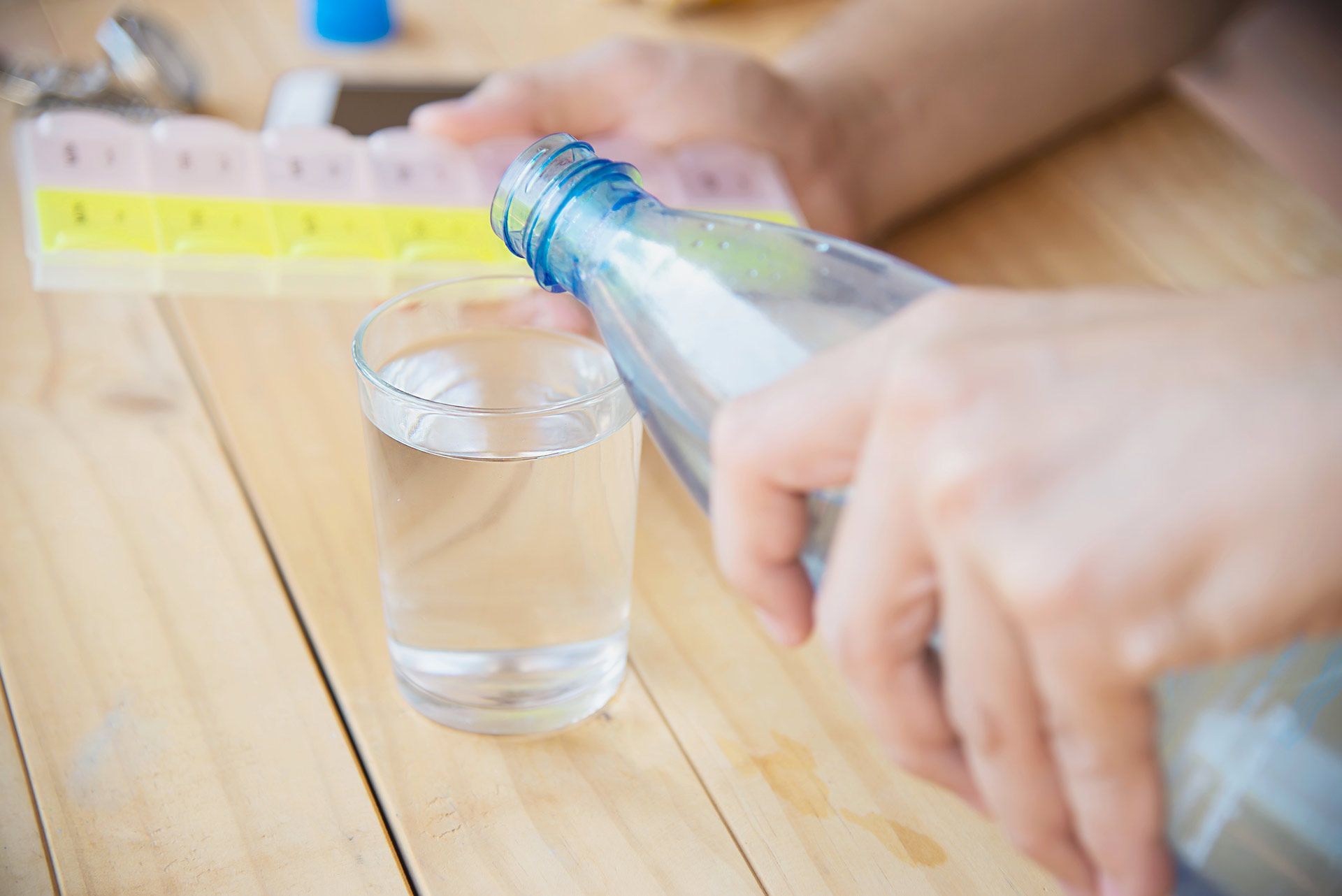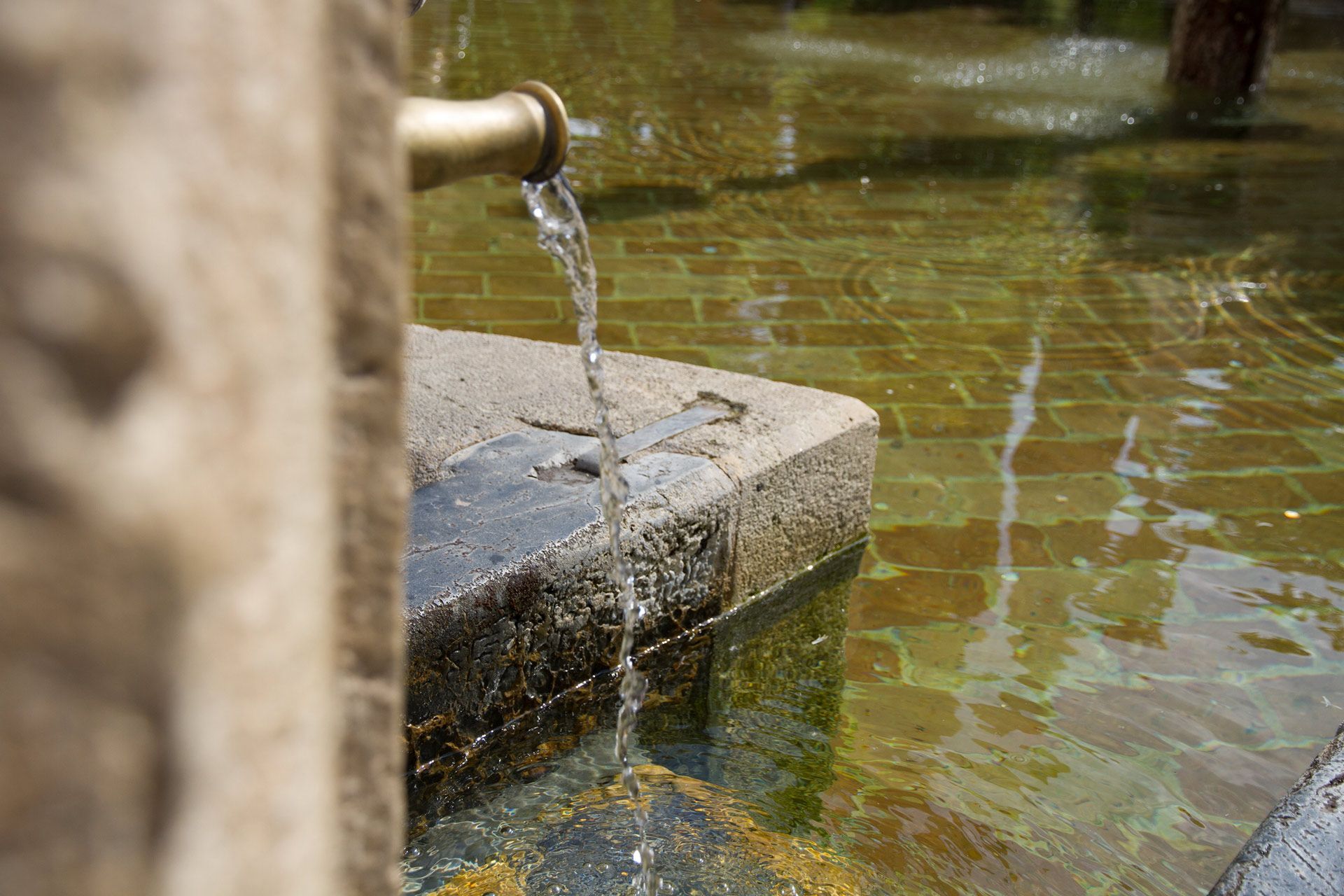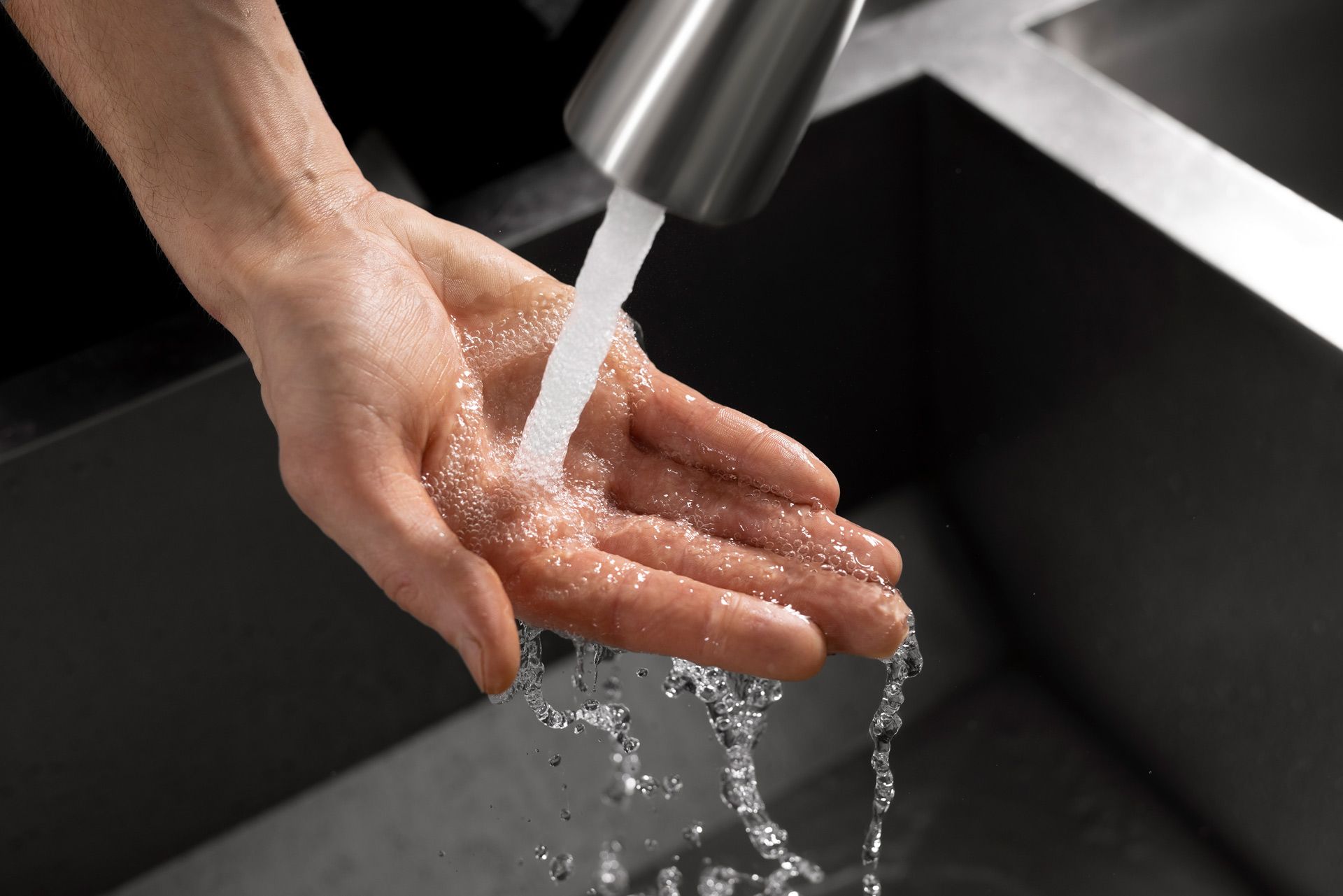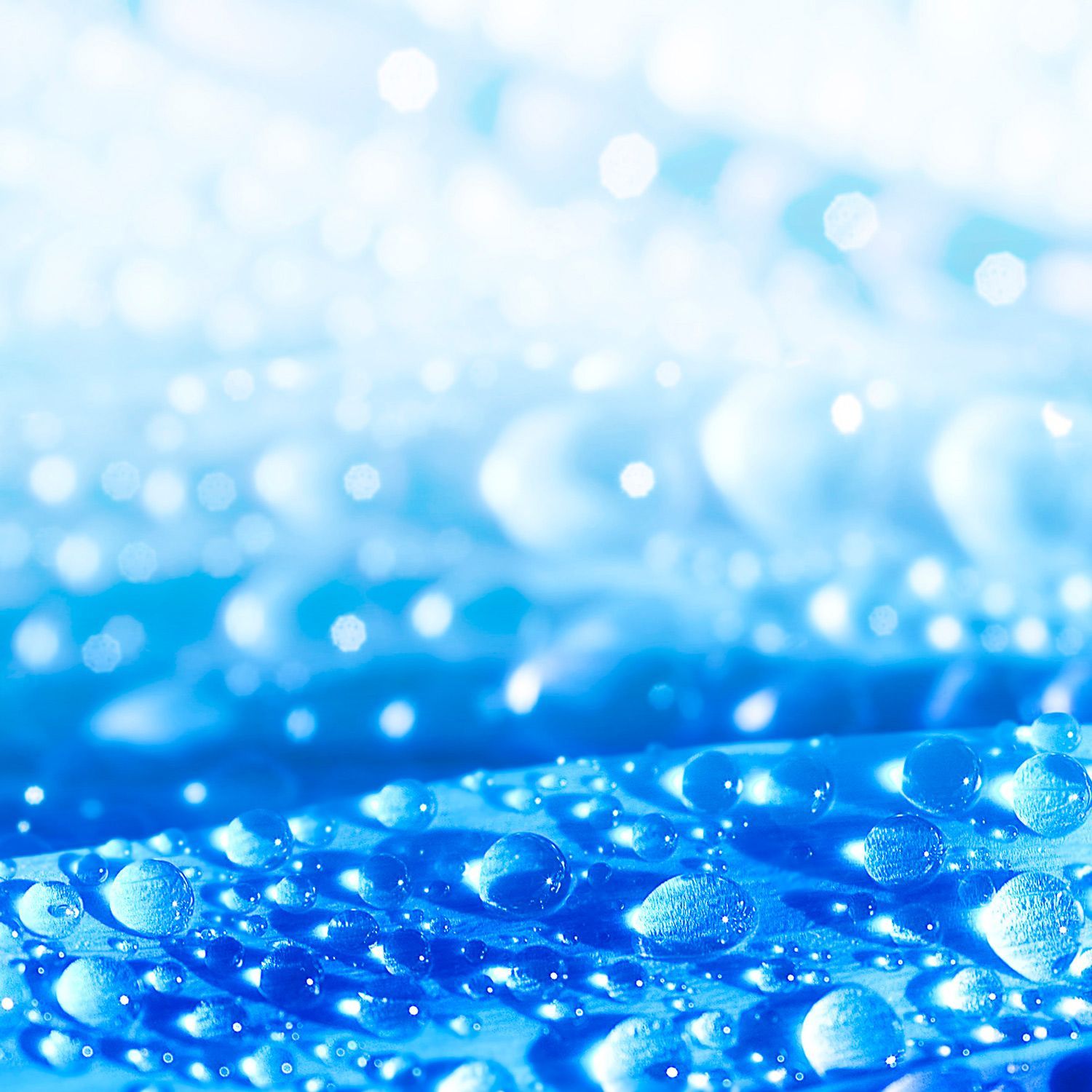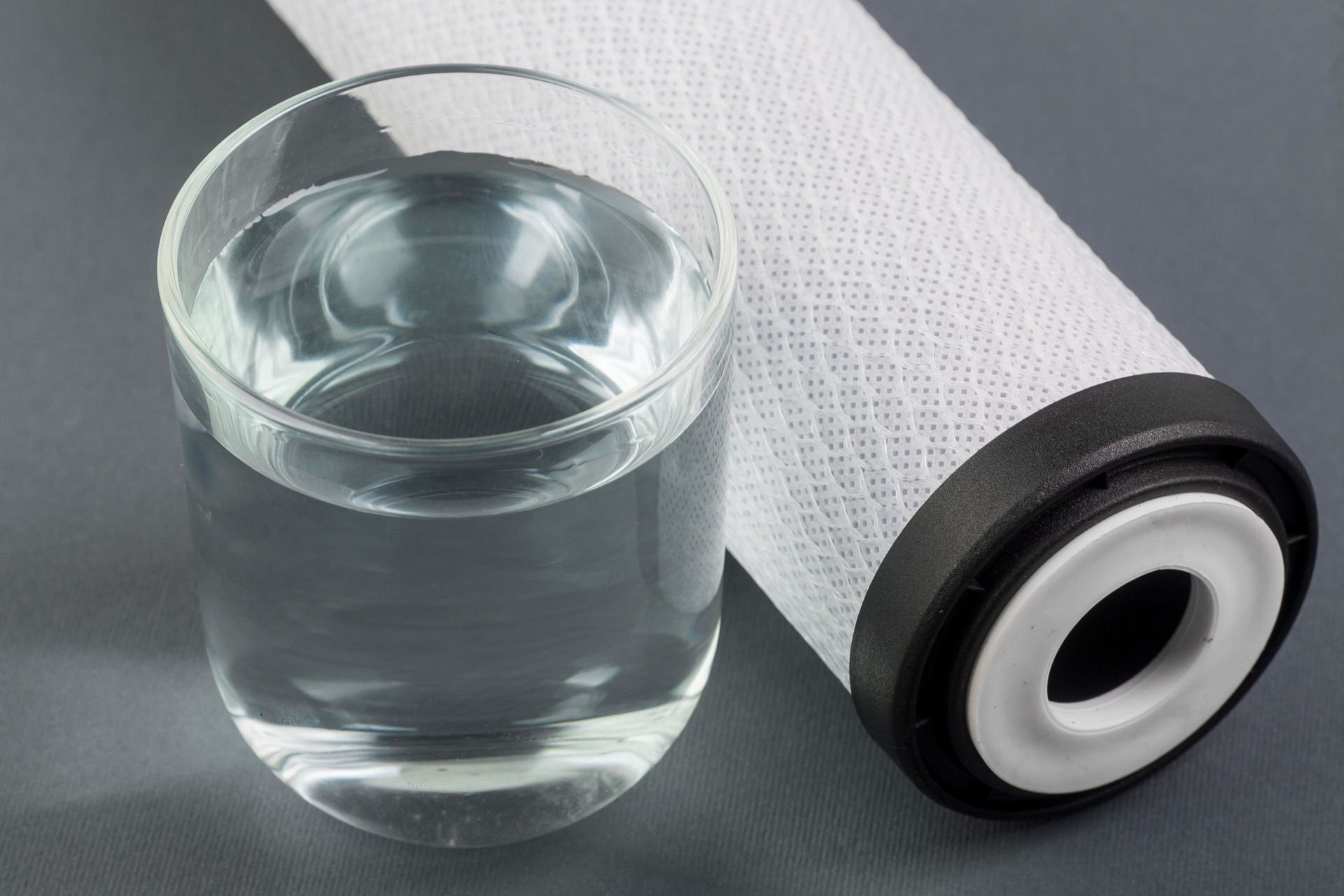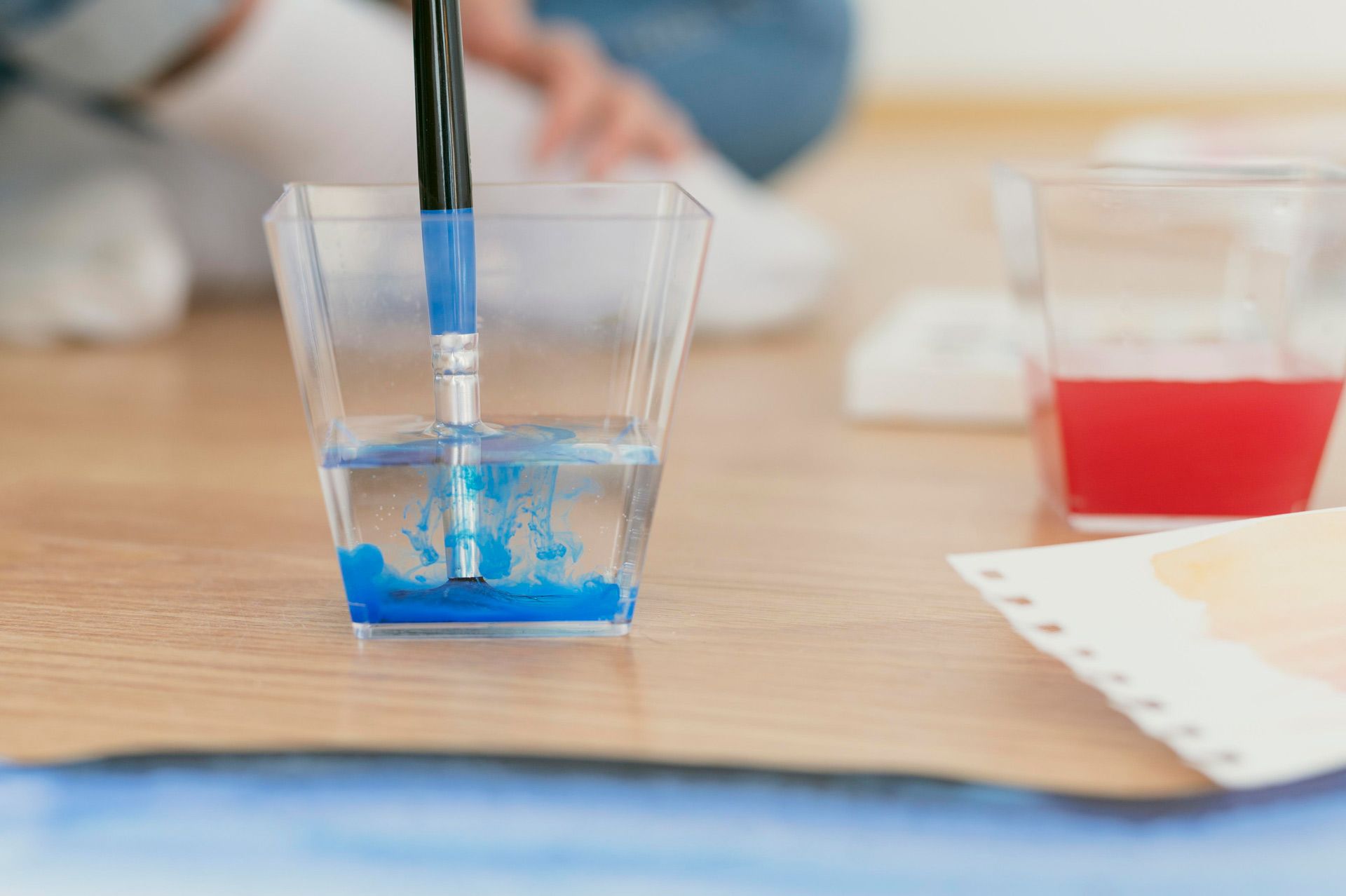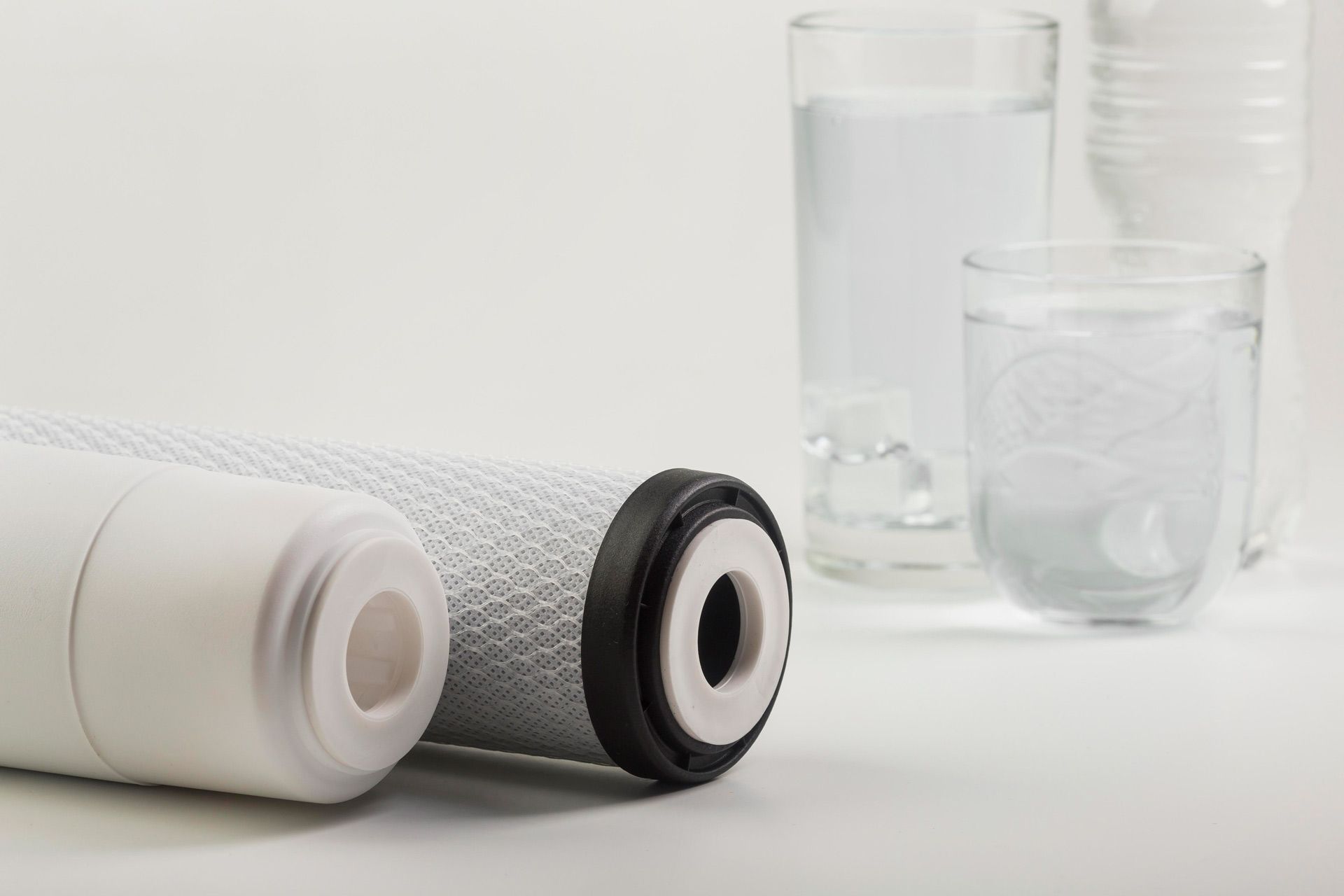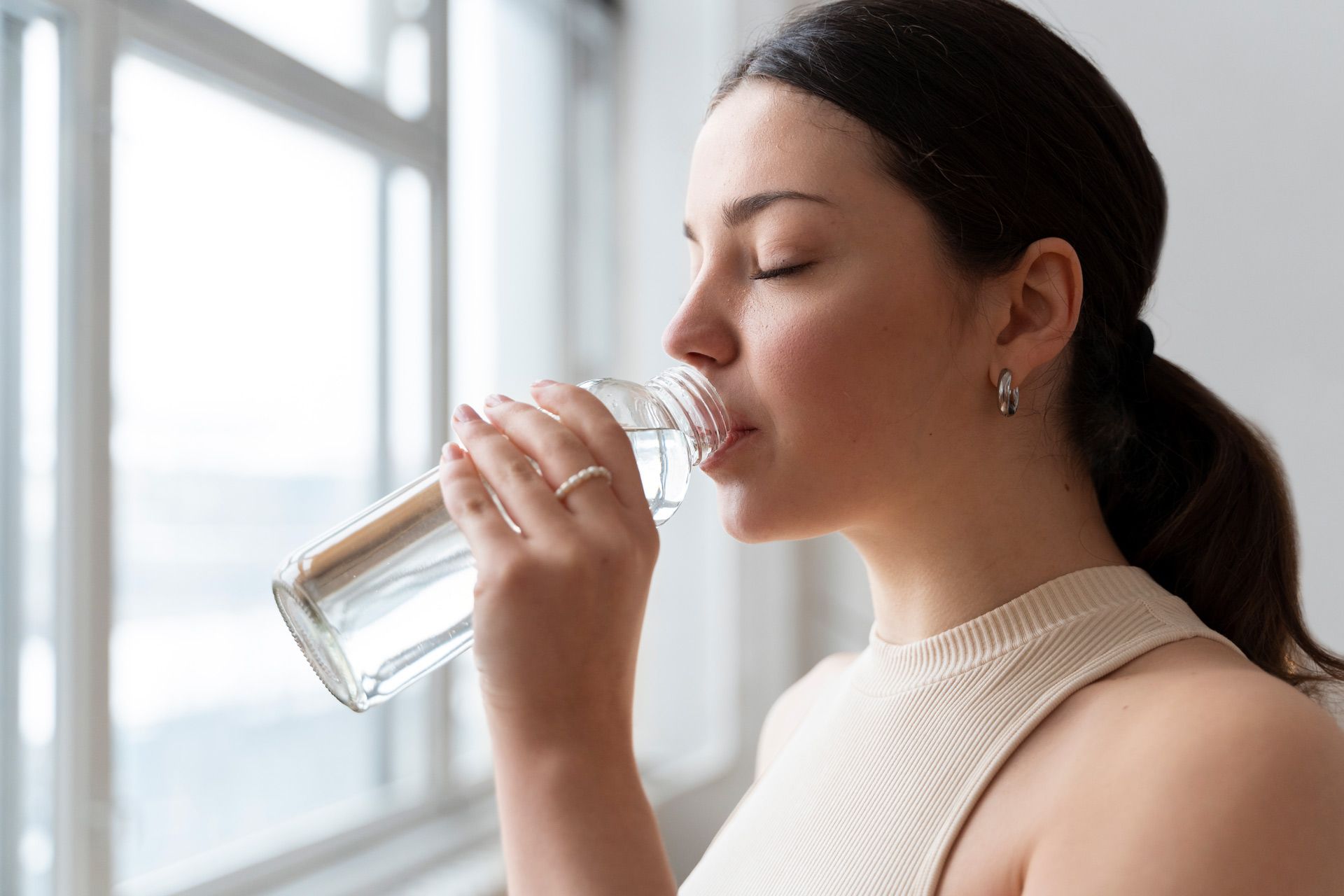Reverse Osmosis vs Bottled Water: Which Is Better?
April 1, 2025

Clean drinking water is a must for a healthy life.
With so many choices out there, picking the best one can be tough.
Reverse osmosis (RO) water and bottled water are two popular options.
Each has its own pros and cons. In this blog, we'll break down the differences between reverse osmosis and bottled water.
We'll look at cost, environmental impact, health benefits, and more.
By the end, you'll know which option is right for you and your family.
Definition of Terms
Reverse Osmosis
Reverse osmosis is a process that removes impurities from water. It uses a special membrane to filter out contaminants. The water is pushed through this membrane, leaving harmful substances behind. This process makes the water clean and safe to drink. Many people like RO water because it tastes pure and has fewer chemicals.
Bottled Water
Bottled water comes from various sources. It can be spring water, purified water, or mineral water. Companies bottle this water and sell it in stores. People like bottled water because it’s convenient and easy to find. You can grab a bottle on the go and trust that it’s clean and safe.
Reverse Osmosis vs Bottled Water
Cost Comparison
When it comes to cost, there’s a clear difference between reverse osmosis and bottled water. Installing a reverse osmosis system at home involves an initial expense for the unit and regular costs for filter replacements. Over time, this can be more economical than constantly buying bottled water. Bottled water may seem cheap per bottle, but the costs add up quickly, especially if you're buying it daily.
Environmental Impact
The environmental impact is another big factor. Reverse osmosis systems use water and electricity, but they don't produce much waste. Bottled water, on the other hand, leads to a lot of plastic waste. Even with recycling programs, many plastic bottles end up in landfills or the ocean, causing pollution.
Convenience and Availability
Bottled water wins in terms of convenience. You can buy it almost anywhere, and it’s easy to carry around. Reverse osmosis water requires a home system, so you need to fill your own bottles if you want to take it with you. This makes bottled water more convenient for people on the go.
Health Benefits and Potential Risks
Both reverse osmosis water and bottled water are generally safe to drink. RO water is very pure because it removes many contaminants, including some minerals. Bottled water is regulated and should be safe, but it may contain some chemicals from the plastic bottles. It's important to check labels and choose trusted brands.
Taste and Quality
Taste and quality can vary between the two. Reverse osmosis water often tastes very clean because most impurities are removed. Some people prefer this taste, while others may find it too plain. Bottled water can have different tastes depending on its source. Some people like the taste of mineral water, while others prefer the neutral taste of purified bottled water.
Reverse Osmosis vs Tap Water
Comparison with Tap Water Quality and Safety
When comparing reverse osmosis to tap water, the quality and safety differences are significant. Reverse osmosis water undergoes thorough filtration, removing impurities like chlorine, lead, and other harmful chemicals. This makes it much safer to drink than regular tap water, which can contain various contaminants depending on the source and local water treatment processes.
Differences in Filtration and Purification
Tap water typically goes through basic filtration and treatment at municipal facilities. However, it may still carry pollutants and chemicals that reverse osmosis systems can remove. Reverse osmosis uses a semi-permeable membrane to filter out particles as small as ions, ensuring a much higher level of purification compared to standard tap water. This difference in filtration and purification makes RO water a cleaner and safer choice for drinking.
Health Considerations
Is it Good to Drink RO Water?
RO water is very pure, which has both advantages and drawbacks. The main benefit is that it removes most contaminants, making it safe to drink. However, because it also removes minerals, some people worry about missing out on essential nutrients. While RO water is generally safe and healthy, it's important to maintain a balanced diet to get necessary minerals from other sources.
Does Reverse Osmosis Remove Electrolytes?
Yes, reverse osmosis does remove electrolytes from water. Electrolytes like calcium, magnesium, and potassium are filtered out along with contaminants. While this makes RO water very clean, it also means it lacks these beneficial minerals. For those concerned about electrolyte intake, it's possible to add mineral drops to RO water or ensure you get electrolytes from your diet.
Pros and Cons of Reverse Osmosis Water
| Advantages of Using Reverse Osmosis | Potential Drawbacks |
|---|---|
| High Purity: Removes up to 99% of contaminants, including heavy metals, bacteria, and chemicals. | Cost: Initial installation and regular filter replacements can be expensive. |
| Improved Taste: Eliminates chlorine and other impurities that affect taste and odor. | Waste Water: The process produces some wastewater, which can be seen as wasteful. |
| Health Benefits: Reduces the risk of consuming harmful substances found in tap water. | Mineral Removal: Strips out beneficial minerals, requiring dietary adjustments to maintain mineral balance. |
| Convenient: Once installed, provides a steady supply of clean water at home. | Maintenance: Regular filter changes and system upkeep are necessary to ensure optimal performance. |
Pros and Cons of Bottled Water
| Advantages of Bottled Water | Potential Drawbacks |
|---|---|
| Convenience: Easy to buy and carry, especially when on the go. | Cost: Can be expensive over time compared to tap or filtered water. |
| Variety: Available in various types such as spring, mineral, and purified water. | Environmental Impact: Generates significant plastic waste, contributing to pollution and landfill issues. |
| Consistency: Offers a reliable source of clean water, especially in areas with questionable tap water quality. | Quality Variations: Not all bottled water brands offer the same quality, and some may contain microplastics or chemicals from the bottles. |
| Emergency Use: Handy for emergencies or situations where access to clean water is limited. | Storage: Requires space for storage and can be heavy to transport in large quantities. |
Conclusion
In the debate between reverse osmosis and bottled water, each option has its own set of benefits and drawbacks. Reverse osmosis water offers high purity and improved taste, making it a great choice for those concerned about contaminants. However, it requires an initial investment and regular maintenance. Bottled water provides unmatched convenience and is available in various types, but it comes with a higher environmental cost and ongoing expense.
Final Recommendations
- If you prioritize cost-effectiveness and environmental sustainability, investing in a reverse osmosis system may be the better choice in the long run.
- For those who need convenience and portability, bottled water is a suitable option, especially for travel and emergencies.
- Always consider your personal needs, lifestyle, and environmental impact when choosing your water source.
Call to Action
Ready to ensure your family has the purest water possible? Puresoft Water Treatments can help you achieve just that! Serving Central Indiana including Westfield, Carmel, Brownsburg, Avon, Plainfield, Martinsville, and Mooresville, we specialize in water treatment, water softeners, and water filters. Contact us today to learn how we can provide clean, safe, and delicious water for your home. Don't wait—make the switch to healthier water now!


